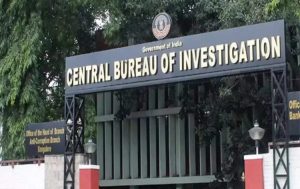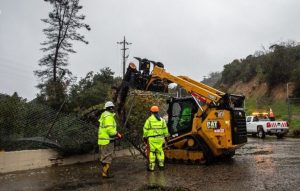Minister for Energy Dipak Khadka has stated that the government was planning to build a foundation for a resilient and low-carbon economy, pursuing sustainable and inclusive energy development. At the “Energy Transition for Resilient and Low Carbon Economy Summit 2025” in Kathmandu today, Minister Khakda said the government was implementing plans for increasing domestic internal power consumption in the industrial sector and energy export promotion.
Discussing the provisions of the 10-year Energy Development Strategy of the government, Minister Khadka shared that the strategy paper has set targets for the to-do lists in the coming decade with per capita power consumption at 1,500 units and added that the target of producing 28,500 megawatts of power was possible by 2035.
Minister Khadka also recalled that the private sector was brought on board in the construction and operation of the transmission line to make the energy sector further stronger. Furthermore, he said that the project-affected communities and households would be given shares, which he said would help in bringing investment and ensure local communities’ ownership of the projects. Likewise, Deputy Ambassador of the British Embassy in Nepal Pippa Bird emphasised the mobilisation of green finance for the promotion of renewable energy. She stressed the need for a robust distribution system and infrastructure development for increasing domestic power consumption and cross-border power transmission.
On the occasion, the Director General of the International Centre for Integrated Mountain Development (ICIMOD), Dr. Pema Gyamtsho, said that energy was also related to food security and observed that Nepal has the potential to take huge benefits in the areas of public transport, agriculture, tourism, and others by maximising the use of clean energy. The ICIMOD Director General suggested that priority should be given to the small hydel projects instead of the mega projects in countries like Nepal and Bhutan where the risks of natural disasters are high.







